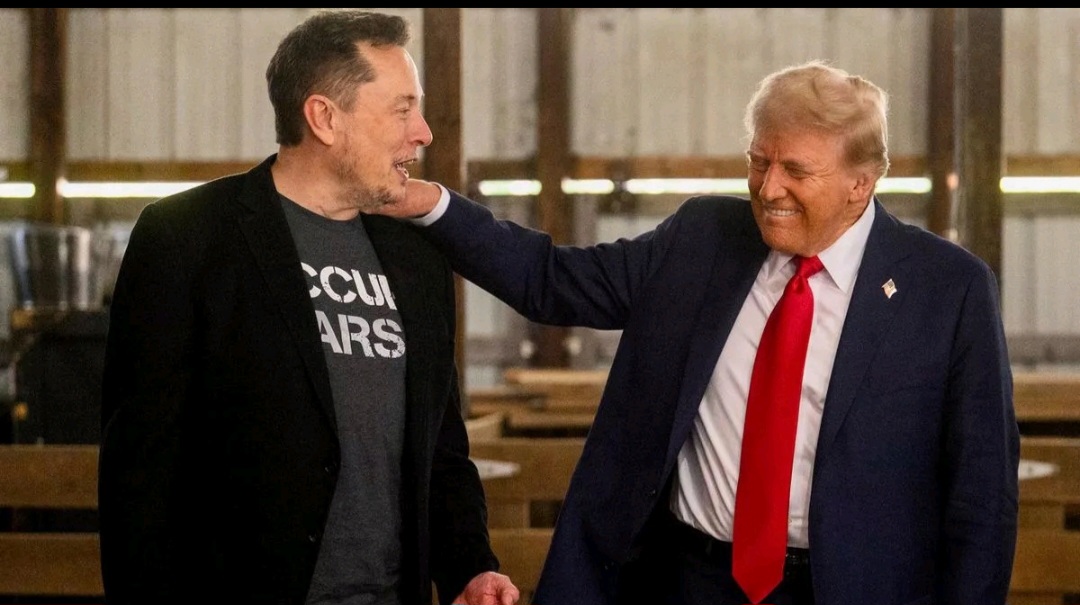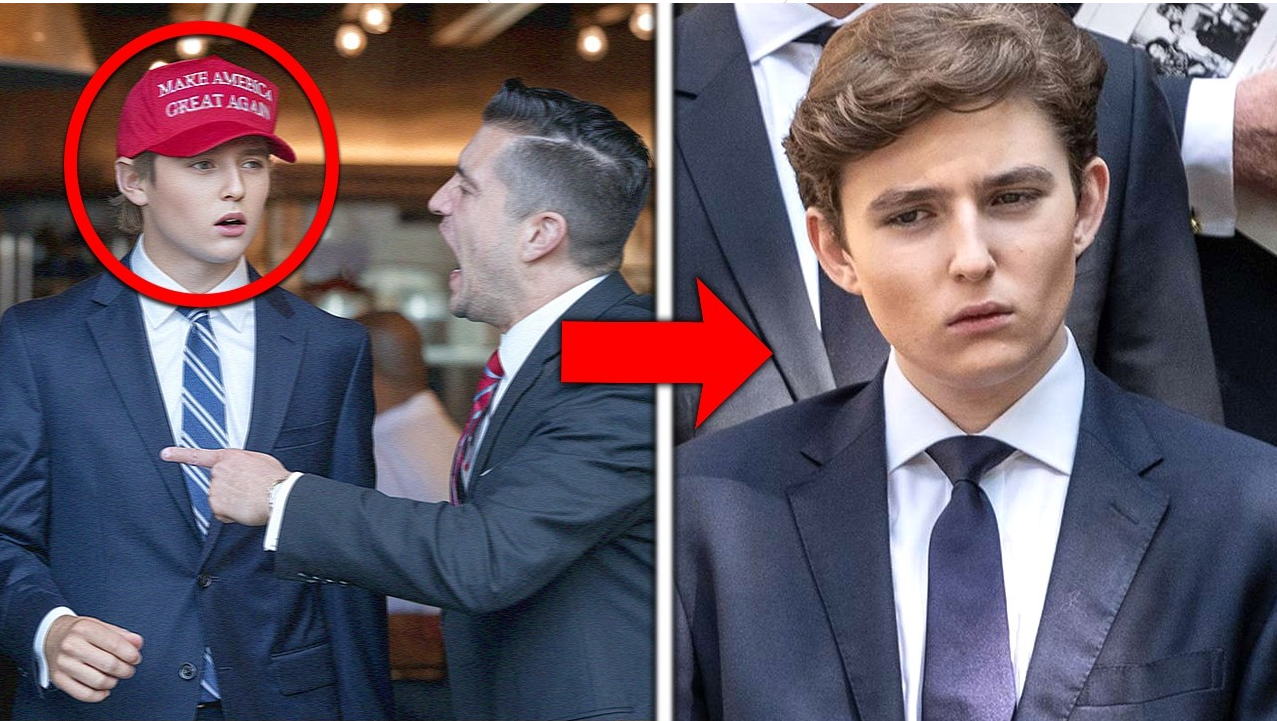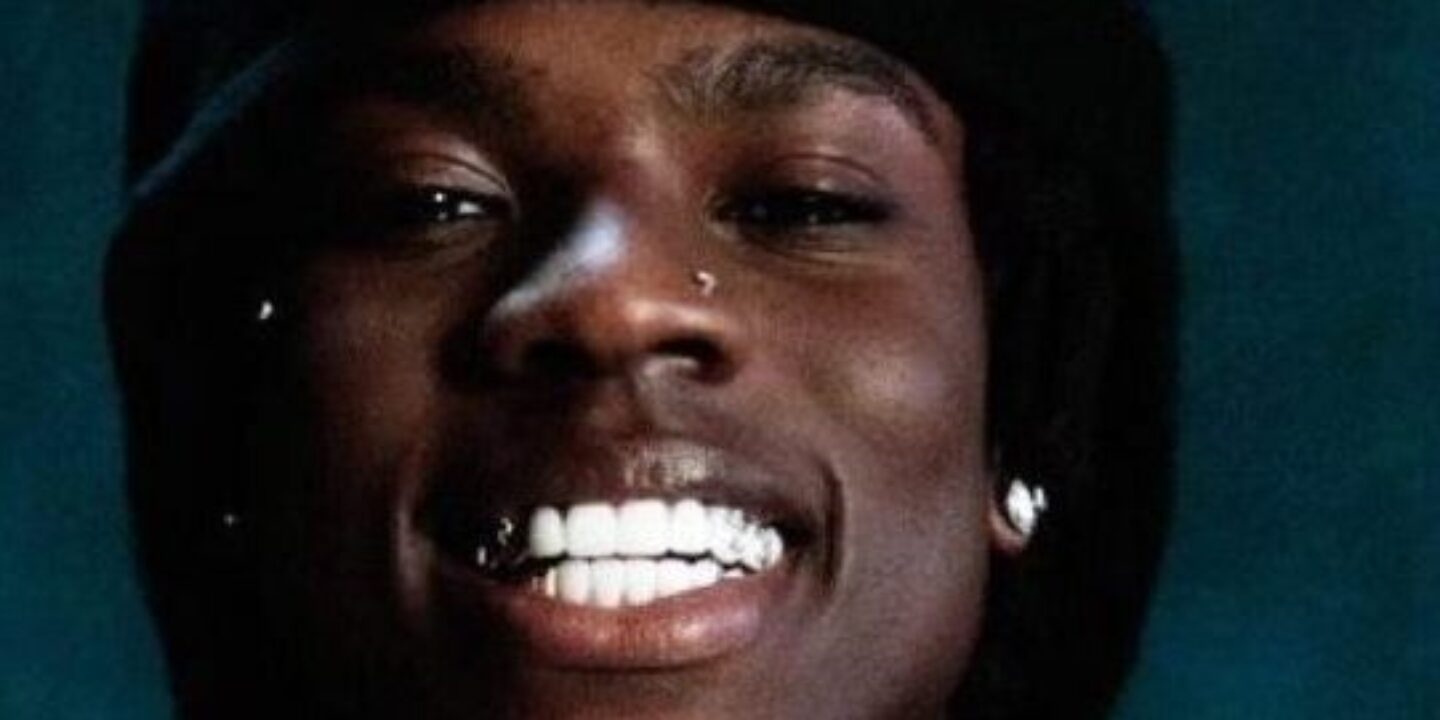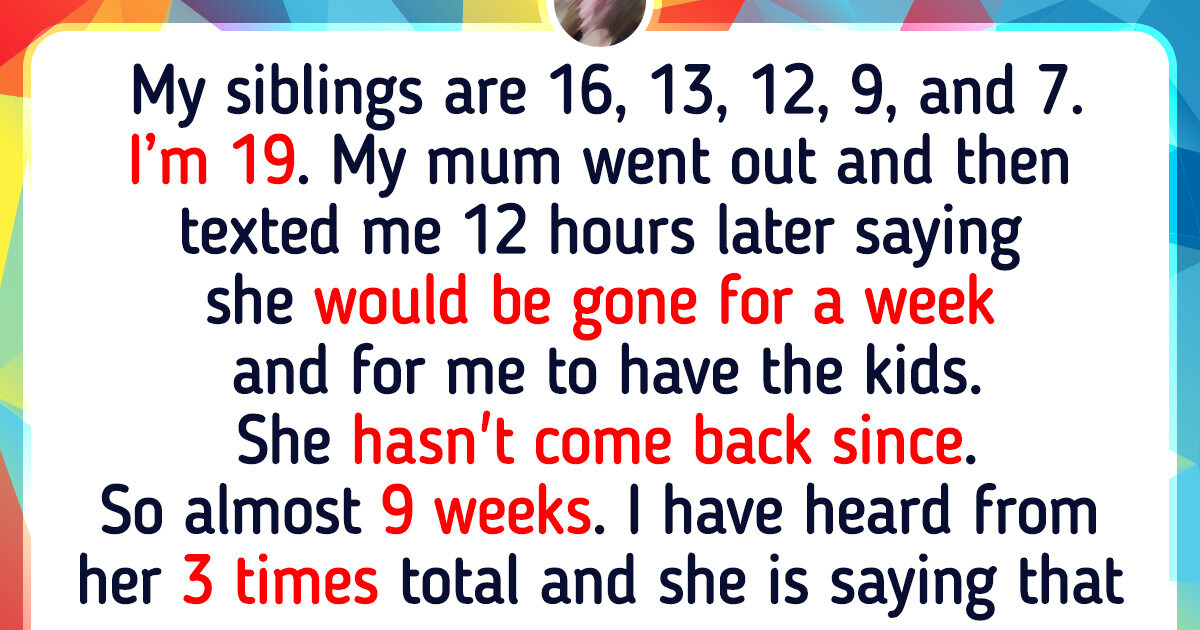Interview
Poland seals off the border with Belarus, several refugees have already died. What does the EU say about that? EU Interior Commissioner Ylva Johansson on the situation at the border.
Johanna Roth / Zeit Online
Read the English version of this article here.
For months people have been trying to enter the Belarus into the EU . In September alone, the Polish border guards reportedly prevented more than 9,000 people from illegally entering the EU. The Belarusian autocrat Alexander Lukashenko apparently wants to put the EU under pressure. The Polish government has declared a state of emergency and declared the border area with Belarus a restricted zone to which neither media representatives nor aid organizations have access. Numerous refugees are still stuck at the border – Poland won’t let them in, Belarus won’t let them in. At least five people have already died , some media report six deaths.
EU Commissioner Ylva Johansson.
Image: keystone
Commissioner Johansson, Poland apparently prevents refugees from entering the country across the border with Belarus and
despite a request of the European Court of Justice humanitarian aid. Several people have already died in the border area – a catastrophe with an announcement. Why did the EU allow this?
Ylva Johansson: Let us first remember what is going on here. We are dealing with a desperate Lukashenko regime, which is under heavy pressure from the EU sanctions and which is now taking advantage of people in a completely unacceptable way. The Belarusians treat the migrants benevolently at first, but then push them to the EU border and never leave them behind. We as the EU must stand firm in this case and protect our borders. But at the same time, of course, we have to respect fundamental rights and be aware that we are dealing with people.
Poland does not necessarily seem to agree with the second point when you look at how the refugees are dealt with. So what is the EU really about? To send a strong signal to Lukashenko or to uphold humanitarian values?
Of course it was a terrible moment when people actually died at our borders. That is why I went to Warsaw and spoke for a long time with the Polish Minister of the Interior, Mariusz Kamiński. It was an open, honest and very interesting conversation. He informed me of the current state of affairs and told me what is known so far about how these people gave their have lost life . And he has assured that there will be a thorough investigation.
«Of course it was a terrible moment when people actually died at our borders»
Migrants at the border with Poland.
Image: keystone
But Poland violates EU and international law . People are actively prevented from applying for asylum and apparently also pushed back across the border into Belarus.
I expressed my fear that the Polish Armed Forces were involved in push-backs. The minister denied that.
Amnesty International has collected evidence that there were such push-backs.
My message to Poland is: It is very difficult to clarify whether Poland adheres to current EU law as long as there is no transparency gives. That is why I rely on dialogue. I told the minister that we would help Poland protect the borders, but for that we need better insight. It is important that the media and non-governmental organizations have access to the border area so that we know what this border guard actually looks like.
The EU has no precise knowledge of what is there happened?
No. I suggested that Poland allow EU liaison officers at the borders. That would be important both for more transparency and to show that it is a European external border.
And the Polish authorities agreed?
I hope you will consider it. It would be a good way to show that this is not just a border of Poland, but also an external border of the EU. We agreed that I would send a delegation to Poland this week to continue the dialogue on these issues.
«Let’s not forget that Lukashenko is actually in charge»
It sounds like the EU is pretty powerless against Poland. After the meeting you tweeted : « Poland, as a strong EU member, can show that the ability to protect the border can go hand in hand with the ability to respect fundamental EU rights. ” Why “can show” and not “must show” or at least “should show”?
One after the other. Of course Poland should show that we are the EU, but let’s not forget that Lukashenko is actually in charge. He is the one who put people in this difficult and dangerous position. It’s important to remember that he’s the bad guy here. But we are not Belarus. We are the European Union. We have to stick to values and conventions. That is why we must also set high conditions for the protection of our external borders. And that was my message when I met with the Minister of the Interior.
Why didn’t you publicly criticize the Polish government for this that she criminalized refugees as terrorists and even distributed fake video material accusing one of them of sex with a animal to have had?
This type of language was not used during my conversation with the Polish Minister of the Interior.
You didn’t discuss that with him behind closed doors either?
No. We had a lot of other topics to discuss.
The EU takes the position that only vulnerable refugees be allowed to cross the border. How are you going to make sure none of them get turned away? Apparently it doesn’t work in Poland.
These are things my team will be talking about with the Polish authorities this week. It is important to show people that we not only protect our borders, but also our values.
There are other possibilities for the EU, to increase the pressure on Belarus, for example through further sanctions?
Last week we proposed sanctions that were adopted by the Commission and are now before the European Council. There are of course other measures that we need to discuss. But it is also important to realize that our preventive work has been successful. Cooperation with Iraq for example, to suspend flights to Belarus and send empty planes to bring their nationals back home. It is important to work with third countries to prevent people from being lured into this trap.
«You have the right to protect your borders»
Lithuania has proposed an exemption from EU law , which would allow legal push-backs to be carried out. Are you in favor of such an approach?
According to the Schengen Code, member states have both the right and the duty to protect their borders from unauthorized access. But there has to be a border crossing point where an asylum application can be made. That’s the rule we have.
Lithuania wants to relax the existing regulations. An exception to EU law to institutionalize push-backs that are already being carried out illegally – can that be a legitimate point of discussion?
No. You have the right to protect your borders, but you also have to abide by the Schengen rules and the Geneva Convention. This means that people have the right to apply for asylum at the border crossings.
That means you would reject the Lithuanian proposal?
You see, a year ago we presented a new migration and asylum pact. So there is a proposal on the table which the Member States could agree on and which the European Parliament could agree to. In a crisis situation there would be the possibility to suspend certain rules if a member state is under heavy pressure at the border. It’s not the same as legalizing push-backs. But it is a way of dealing with a situation like this one.
This week you are holding another conference on resettlement , i.e. for the voluntary admission of refugees in need of protection. The Commission has given the Member States until mid-September to make proposals for the number of people they want to take in, including from Afghanistan. What kind of response was there and are you satisfied with it?
Nothing has been finally decided yet. Because of the situation in Afghanistan, we have given the Member States an extension of the deadline. They have already taken in 20,000 Afghans and are ready to evacuate even more people at risk. And then of course we also need a new distribution. The forum will discuss various ways of providing protection to people from Afghanistan, including resettlement from neighboring countries, but also humanitarian admission directly from Afghanistan and through private sponsorship programs.
Member States remain divided on migration , some refuse to accept refugees from Afghanistan at all. How is the EU supposed to overcome this split?
The Member States have recognized that we need long-term solutions. The Migration Pact makes corresponding proposals as to how the member states contribute in different ways to fair and effective European migration management can rise
This article was first published on time Published online . Watson may have changed headings and subheadings. Click here for the original.
Note: This article have been indexed to our site. We do not claim legitimacy, ownership or copyright of any of the content above. To see the article at original source Click Here











:strip_icc():format(jpeg)/kly-media-production/medias/3898919/original/064110000_1641783132-271526742_476224810573721_3194979894585142878_n.jpeg)


